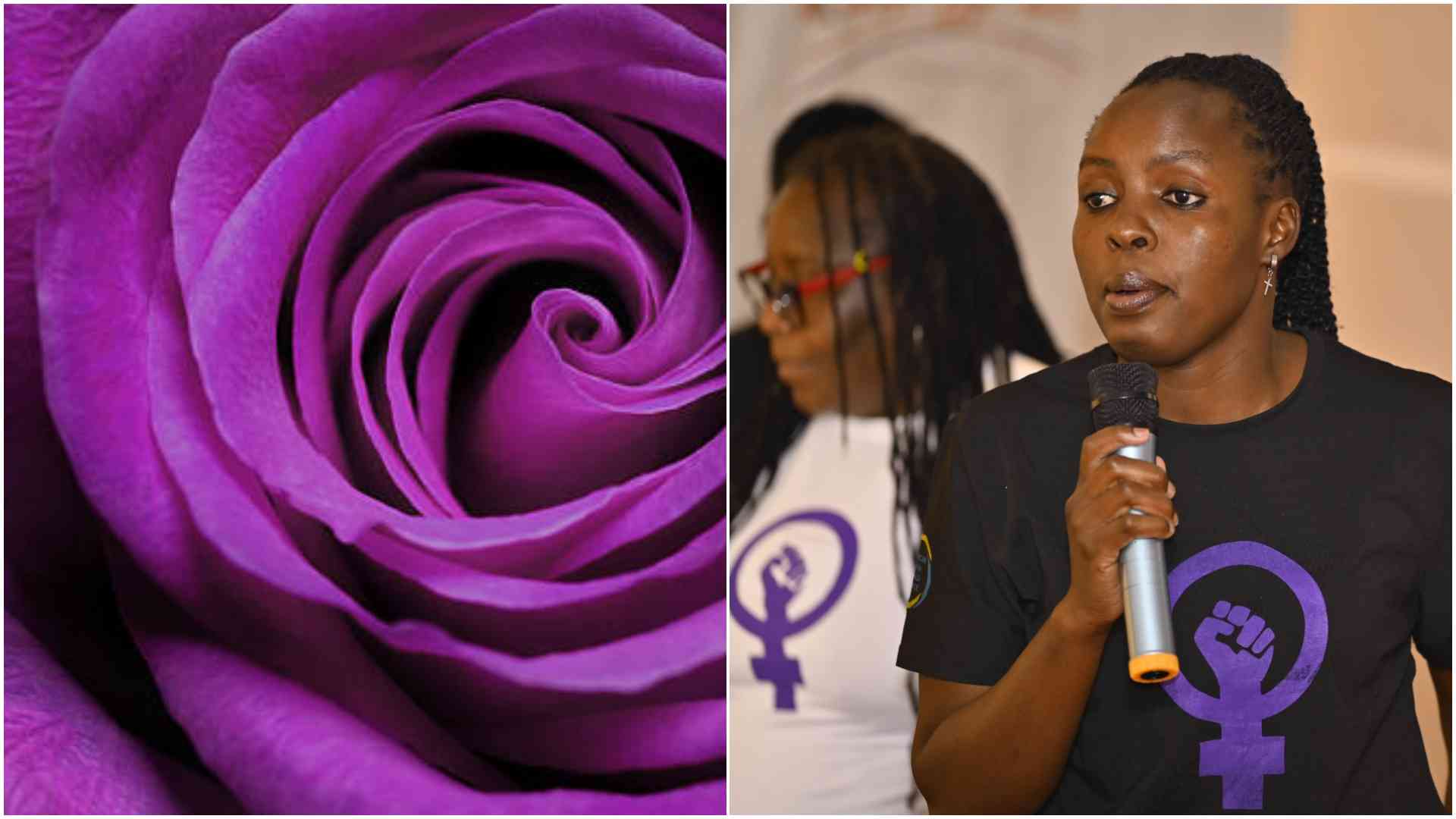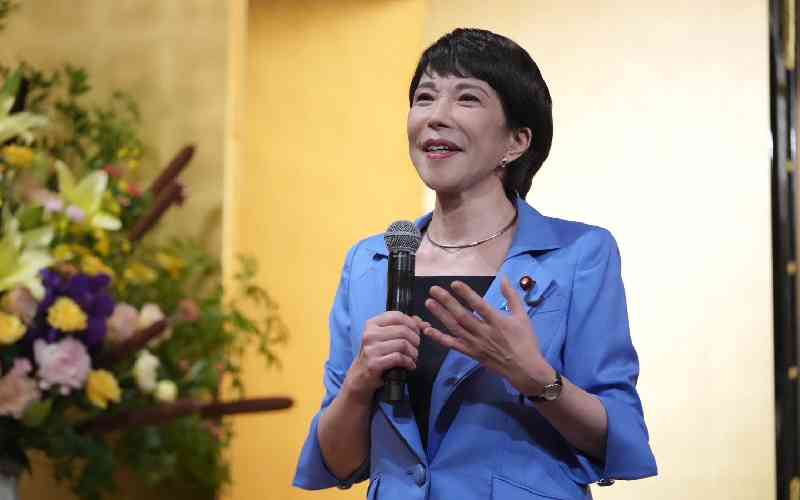
Kenyans today woke up to the sad news of the demise of Safaricom CEO Bob Collymore. Collymore not only headed the highest grossing technology company in Kenya, but championed many social issues some affecting women.
In 2016, he spoke about bridging the gap between men and women in the workplace. In the statement, he pointed out the efforts Safaricom, was making to ensure that they fostered as much home-grown talent, from both men and women. He went on to point out the benefits of hiring more women in a job market where many companies see the hiring of women as a liability.
Below is his statement:
One of the questions I am frequently asked is how a technology company operating in Africa (like Safaricom) is able to identify the right talent for its needs.
As Africa is widely seen as an importer of information and communications technology, there was the fear that there was not enough home-grown talent to manage the need of the expanding technology sector. For years, the concern was that there were too few highly skilled technical personnel on the continent to help fuel the rapid growth of new technologies across the continent. Businesses joined hands with learning institutions, governments reformed their syllabi, and professionals formed mentorship groups hoping to bridge the knowledge gap. The results have been impressive.
But there is a more compelling gap that we rarely talk about, and which is seldom addressed anymore; and that is the continued gap between equal opportunities for men and women. As an illustration, as one of Kenya’s biggest employers, we are often pleased to say that we have achieved an almost 50/50 balance in terms of creating equal opportunities for the men and women who work for us.
However the picture is very different once you analyse those numbers. We have found that the majority of women we hire are at entry jobs, with just a handful of them making it to mid-level and senior posts. Over the last few years, Safaricom has managed to invest in its female employees to boost the number of women who sit at board or who hold top managerial seats. For instance, our executive committee has five out of its 11 posts filled by women.
This trend is not replicated very often across much of the globe; proof that it is still very much a man’s man’s man’s world, nearly fifty years after James Brown’s hit single with the same title.
More worryingly, women already in leadership posts are not hiring women. Some even say women do not want leadership positions. This is not a problem unique to Africa, where some of the strongest cultural biases still dictate the way women are treated or expected to act.
Globally, just 22 per cent of senior roles are held by women, compared with 19 per cent in 2004. Almost a third of businesses have no women in their senior leadership teams, although this number has fallen by 6 per cent over the past three years.
The tech sector are often the worst culprits: just 17 per cent of Google’s workforce are women and the story is no better at younger start-ups such as Airbnb where it’s 13 per cent or Pinterest at 14 per cent or even Dropbox where it shrinks to just 6.3 per cent of the population. How critical is this to future economic growth? For businesses, a growing body of research reveals that the impact of a more inclusive gender agenda can directly impact their financial bottom line.
A new report by Granton Thornton reveals that companies with diverse executive boards consistently outperform their peers – with the opportunity cost for companies with male-only executive boards (in terms of lower returns on assets) at a staggering US$655 billion in 2014.
In practical terms, this means that shareholders are looking for companies who invest in having women in senior roles and will follow that interest with cash. In addition, hiring from diverse groups allows companies to benefit from ‘informational diversity’, where the aggregate views of create a melting pot that boosts innovation.
Countries will benefit from greater inclusiveness too.
As the world adopts new Sustainable Development Goals to drive the next 15 years of development, none of the goals that countries have committed to will be accomplished without putting women at the centre of our efforts. Excluding women from any equation removes 50 per cent of the population; as President Barrack Obama recently said: no team can survive when half of the players are absent.
 The Standard Group Plc is a multi-media organization with investments in media
platforms spanning newspaper print
operations, television, radio broadcasting, digital and online services. The
Standard Group is recognized as a
leading multi-media house in Kenya with a key influence in matters of national
and international interest.
The Standard Group Plc is a multi-media organization with investments in media
platforms spanning newspaper print
operations, television, radio broadcasting, digital and online services. The
Standard Group is recognized as a
leading multi-media house in Kenya with a key influence in matters of national
and international interest.










